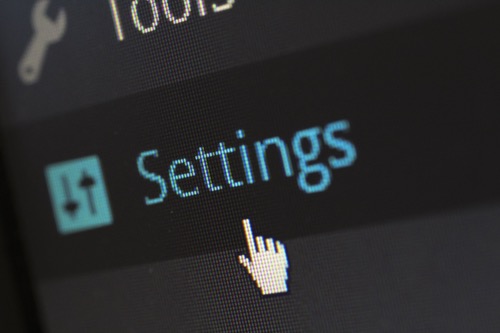What would you say your most crucial selling tool is in your day-to-day business?
Chances are you don’t consider Customer Relationship Management (CRM) software to be such a big deal. The reality is, along with 75% of other companies, you’re a fool to think so and you’re missing out.
*Here’s the actual title of this article:
Why you most certainly DO need a CRM
What is it exactly?
If you don’t know already, a CRM is software designed to help keep track of all of your prospects, customers, and accounts. It allows you to manage your sales process and track your sales activity across the entire sales funnel. You can manage all of your tasks, sales opportunities, forecasts and reports so that you have complete visibility into your revenue generation activities. It allows you to monitor and track all activity, thereby ensuring all staff are working efficiently and effectively towards milestone-based and recurring goals and metrics. It gives management a dashboard into the organization’s well-being and long-term viability of the company.
Here’s why you need one:
Customer relationship Management is crucial when running a business and especially when you are a salesperson. While not every company needs one, CRM software has been proven to increase sales by 29% in small businesses, and 75% of sales managers say that using a CRM helps to drive and increase sales. If you don’t have one already, it might be worth it to consider a free trial. – I recommend Salesforce or Hubspot or Pipedrive.
Basically, if you sell stuff and you’re not using a CRM, you’re missing out.
The Canadian Professional Sales Association says that Long-term relationship building and a dedication to customer service are among the top 5 skills to succeed in sales.
CRM tools make it much easier to manage relationships and keep track of crucial information about your clients and customers. And as a bonus, nobody has to carry around a Rolodex of business cards with notes on the back.
Sometimes I wonder to myself how many CRM’s my name shows up in. Probably many.
Here are some benefits of how a CRM can help replace that Rolodex, and some of the benefits you’re missing out on:
1. Greater staff satisfaction and efficiency
When information is shared and easy to find, everyone works more efficiently. According to a McKinsey report, employees spend 1.8 hours every day—9.3 hours per week, on average—searching and gathering information. A CRM makes it easy to find information without having to data mine through emails and call history for information on a client. Happy employees mean happy customers.
2. Better client relationships
The more you know about your clients the more your clients know you care about them. This helps nurture a much stronger relationship with clients and helps build a foundation of trust. According to an Edelman study, trust in business is declining rapidly. It’s important to maintain customers trust in order to earn their business.
3. Better Internal Communication
Having an up-to-date CRM helps everybody. Sharing customer data between departments will help everybody to work as a team. This will increase profitability and will help to provide high quality service to customers
Some programs are free and some are more expensive depending on which features you are interested in and how many people will be using it. Check out this article by Hubspot on how to choose the right CRM for your businesses individual needs.
Conclusion
Having a CRM on its own isn’t going to do much. A Customer database is only good if everyone works together to populate it and keep it updated. One MIT student completed a study using Hubspot’s CRM software and found that 79% of customers saw an increase in sales revenue within one year. While you shouldn’t expect to see quick results right away, it won’t be long before you have a really great, effective database solution to help reach your sales and management goals.

